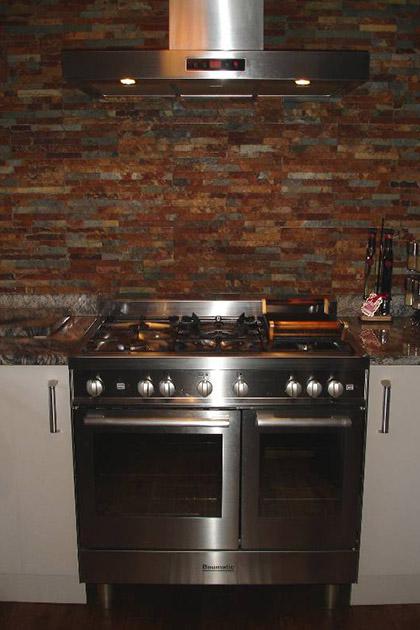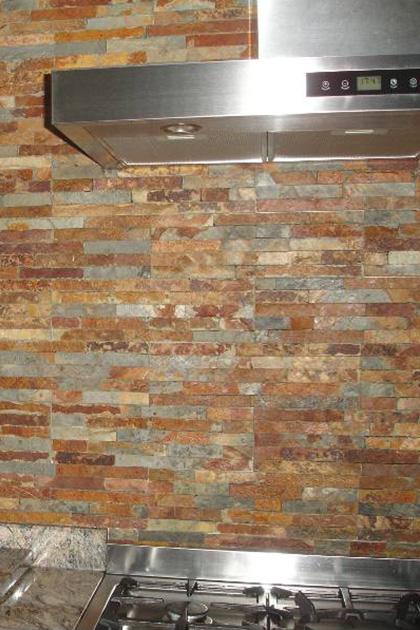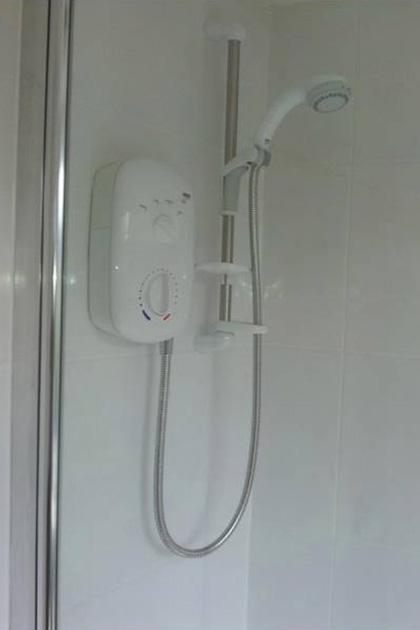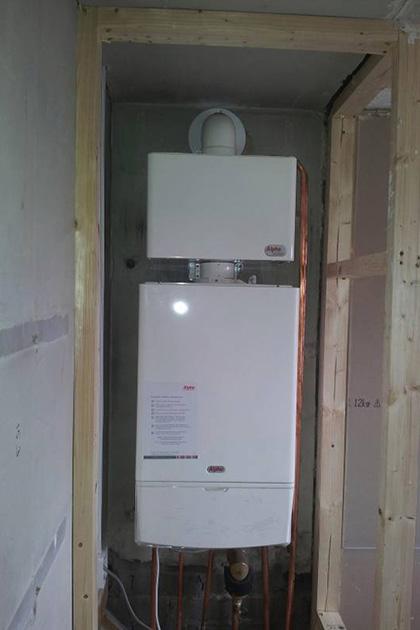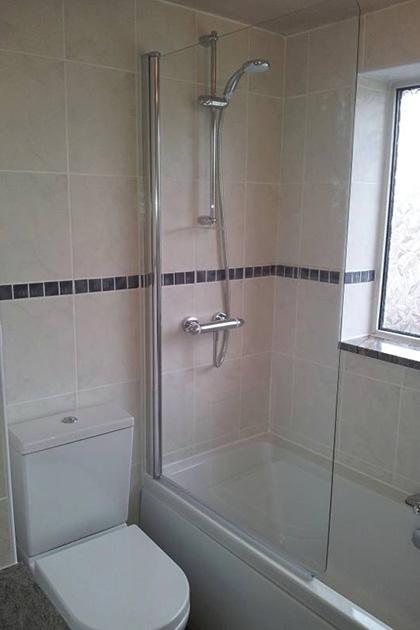As winter approaches, a well-maintained boiler keeps your home warm and protects you against potential hazards and unexpected breakdowns when you need it the most.
This comprehensive guide will walk you through the essential steps to prepare your boiler for winter. Our heating engineers in Bury, Ramsbottom and Rossendale cover everything you need to know to ensure your heating system operates safely and efficiently throughout the cold season.
Tips to ensure your boiler is ready for the winter
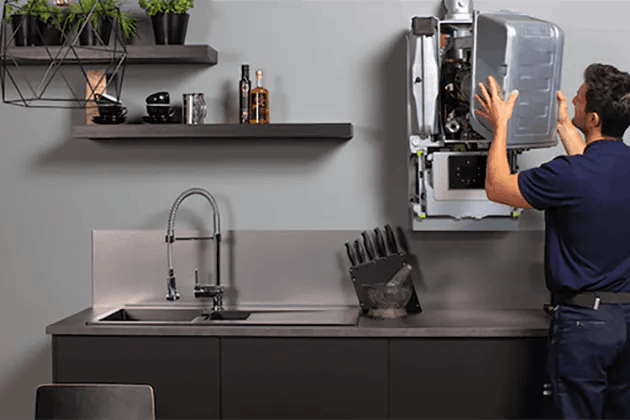
Annual Boiler Servicing
Annual boiler servicing is not merely a suggestion—it's a necessity for maintaining the safety and efficiency of your heating system. A qualified Gas Safe Registered engineer should conduct this service, typically taking about an hour to complete. During the service, the engineer will:
- Check for gas leaks
- Inspect all components for wear and tear
- Clean key parts to ensure optimal performance
- Test flue emissions
- Verify safety devices are functioning correctly
Regular servicing prevents minor issues from escalating into major problems, potentially saving you from costly repairs or replacements. Moreover, many manufacturers require annual servicing to maintain the warranty on your boiler.
Testing Your Boiler
Before winter arrives in full force, testing your boiler thoroughly is important. Here's how:
- Switch on your heating system and allow it to run for several hours.
- Listen for any unusual noises, such as banging or whistling.
- Check all radiators for even heating.
- Monitor your energy bills for any unexpected increases in consumption.
If you notice any issues during this test, contact a professional immediately. Early detection can prevent more severe problems and ensure your heating system is ready for the colder months.
Checking Boiler Pressure
Proper boiler pressure is essential for efficient operation. Most boilers operate optimally between 1 and 1.5 bar. To check and adjust the pressure:
- Locate the pressure gauge on your boiler.
- If the pressure is below 1 bar, use the filling loop to add water to the system.
- Open both valves on the filling loop until the pressure reaches the correct level.
- Close the valves and check for any leaks.
If your boiler frequently loses pressure, it may indicate a leak in the system, requiring professional attention.
Bleeding Your Radiators
Air trapped in radiators can cause cold spots and reduce heating efficiency. To bleed your radiators:
- Turn off your heating system and allow the radiators to cool.
- Locate the bleed valve at the top corner of the radiator.
- Place a cloth beneath the valve to catch any water.
- Use a radiator key to turn the valve anticlockwise slowly.
- When water begins to flow steadily, close the valve.
- Repeat for all radiators, starting with the lowest floor.
After bleeding, check your boiler pressure and top up if necessary.
Power Flushing
Power flushing removes built-up debris and sludge from your central heating system, improving efficiency and extending its lifespan. Signs you might need a power flush include:
- Cold spots on radiators
- Noisy boiler or radiators
- Slow heating
- Discoloured water when bleeding radiators
A professional should perform power flushing, as it requires specialised equipment and expertise. The process typically takes several hours and involves forcing a powerful cleaning solution through your system to remove deposits.
Insulating and Protecting Your Pipes
Proper pipe insulation is crucial for preventing freezing and bursting during cold snaps. To protect your pipes:
- Use foam tubing or heat tape on exposed pipes, particularly in unheated areas.
- Seal any gaps or cracks in walls near pipes to prevent cold air infiltration.
- During severe cold, allow a small trickle of water to run from taps connected to exposed pipes.
If a pipe does freeze, never use an open flame to thaw it. Instead, use a hairdryer or hot water bottles to gradually warm the pipe.
Updating Your Thermostat Settings
Efficient thermostat settings can significantly reduce energy consumption without sacrificing comfort. Consider these tips:
- Set your thermostat between 18°C and 21°C for optimal comfort and efficiency.
- Use programmable features to lower temperatures when you're asleep or away.
- Place your thermostat away from draughts, direct sunlight, and heat sources for accurate readings.
- Consider upgrading to a smart thermostat for more precise control and potential energy savings.
Consider Upgrading Your Boiler
If your boiler is over 10 years old, consider upgrading to a more efficient model. Modern condensing boilers can achieve efficiency ratings of up to 98%, potentially saving you hundreds of pounds annually on energy bills. When choosing a new boiler, consider:
- Your home's size and hot water demand
- The type of fuel available (gas, oil, or electric)
- The difference between combi and system boilers
- Installation costs and potential long-term savings
Consult with a qualified heating engineer to determine the best option for your specific needs and budget.
Speak with professional heating engineers in Bury, Ramsbottom and Ramsgate
For more information on how to get your boiler ready for the winter, get in touch with us by calling us on 01204 888255 and we'll be happy to help.

